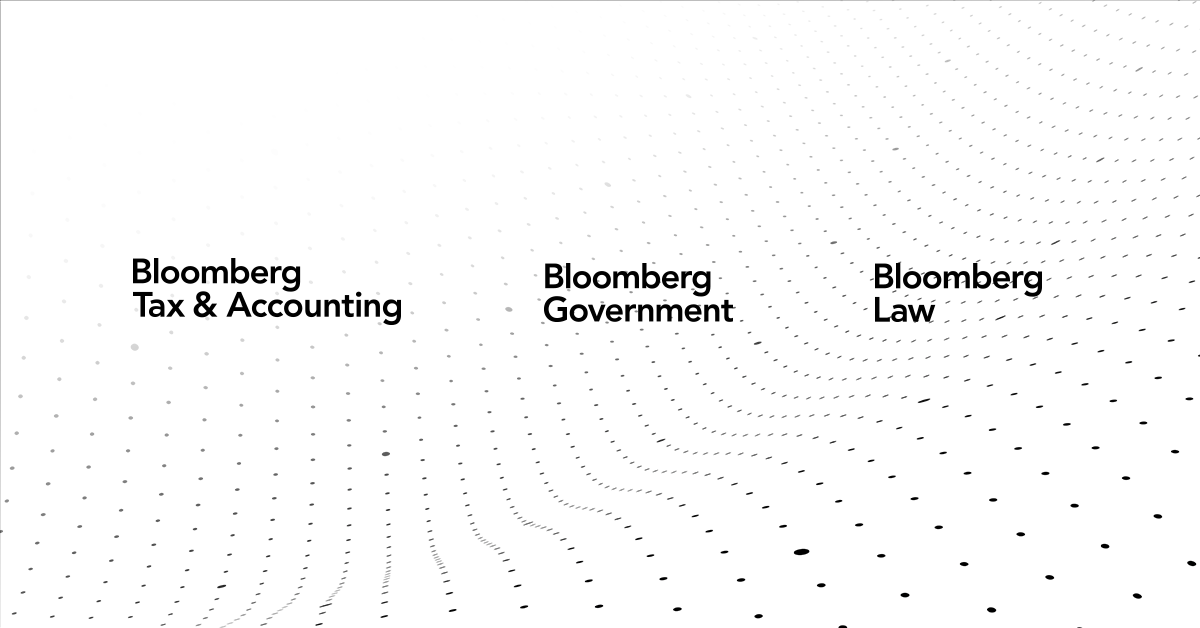Discover how hidden bank fees are draining your finances and learn strategies to fight back. This article reveals ways to avoid unnecessary charges, switch to better banking options, and reclaim your hard-earned money for the things that truly matter.

Those Sneaky Bank Fees Are Stealing Your Money (Here's How to Stop Them)
Let's talk about something that's probably driving you crazy without you even realizing it—those ridiculous bank fees eating away at your hard-earned cash. While you're busy watching grocery prices climb and trying to cut back on those streaming services, banks are quietly helping themselves to your money through fees that, quite frankly, shouldn't even exist.
The Truth About Your "Free" Checking Account
Here's a reality check that might sting a little: The average American household is losing about $329 every year to bank fees. That's not pocket change, folks. Think about it—that's a round-trip flight to visit your family, a decent shopping spree, or a few nice dinners out. And the worst part? Most people don't even notice it happening because these charges sneak in a few dollars at a time.
Those "free" checking accounts? They're about as free as those trial subscriptions that automatically start charging you after 30 days. Sure, they'll waive the monthly maintenance fee... if you jump through enough hoops. Keep a minimum balance (usually more than most people can comfortably set aside), make enough debit card purchases, or set up direct deposit. Miss any of these, and suddenly you're paying $10-15 every month just to keep your own money in the bank. Make it make sense.
The ATM Fee Trap
Remember when finding an ATM from another bank was just a minor inconvenience? Those days are long gone. Now, between your bank's "out-of-network" fee and the ATM's own charge, you're looking at $5 or more just to access your own cash. Some banks are actually shrinking their ATM networks while raising these fees—a move that's about as customer-friendly as a restaurant charging you to use their silverware.
That "Helpful" Overdraft Protection
Oh, and let's talk about overdraft protection—possibly the banking industry's most creative way of making their problems sound like solutions. They market it as a courtesy, but it's more like that friend who offers to spot you $20 and then asks for $50 back. Go a few dollars over your balance, and boom—you're hit with a $35 fee. Multiple times. In one day. Because apparently, the best way to help someone who's run out of money is to... charge them more money?
The International Money Grab
Planning that dream vacation abroad? Watch those foreign transaction fees. Banks love to slip in a sneaky 3% charge on every purchase you make outside the country. Spend $2,000 on your trip, and there's $60 gone—just because you dared to use your card in another country. That's money that could've bought you a nice dinner with a view of the Eiffel Tower, instead of padding your bank's bottom line.
Fighting Back (Because Your Money Belongs to You)
Here's the good news: You don't have to keep feeding the fee machine. Almost every bank charge can be dodged with the right strategy. And no, this isn't about extreme budgeting or carrying around a sock full of cash—it's about being smarter than the system trying to nickel-and-dime you.
First up, ditch that big bank that's been charging you for breathing. Online banks and credit unions typically offer the same services with way fewer fees and better interest rates. Why? Lower overhead costs and this crazy idea that they should actually compete for your business.
Set up balance alerts that actually make sense. If your bank wants $1,500 in your account to avoid fees, set an alert for $1,700. Give yourself some breathing room—because life happens, and that emergency car repair won't wait for your next payday.
For ATMs, get strategic. Map out the free ones near your usual spots. Or better yet, switch to a bank that reimburses ATM fees. They exist, and they're not even hiding—they're usually the ones bragging about their customer-first policies (because, shockingly, some banks still believe in those).
The Secret Weapon: Actually Talking to Your Bank
Here's something most people don't realize: Bank fees aren't set in stone. If you get hit with one, call them. Be polite but firm. Long-time customer? Multiple accounts? Mention it. Banks reverse fees more often than you'd think—success rates are around 70% for first-time offenses. They're betting most people won't bother asking. Prove them wrong.
Making Your Money Work for You (Instead of Your Bank)
The real goal here isn't just avoiding fees—it's making sure your money works as hard as you do. While traditional banks offer laughable 0.01% interest rates while charging monthly fees, online banks are out there paying 4% or more, with no fees at all. That's not just a better deal—it's basic respect for your money.
Take a hard look at your last few bank statements. Circle every fee. Add them up. Feeling motivated yet? Good. Because every dollar you save from fees is a dollar that can go toward something you actually care about—whether that's building your emergency fund, saving for a dream vacation, or just enjoying life without wondering if your bank account is secretly leaking money.
Remember: Banks are counting on you not paying attention. But you're smarter than that. And now you know exactly how to keep your money where it belongs—with you.